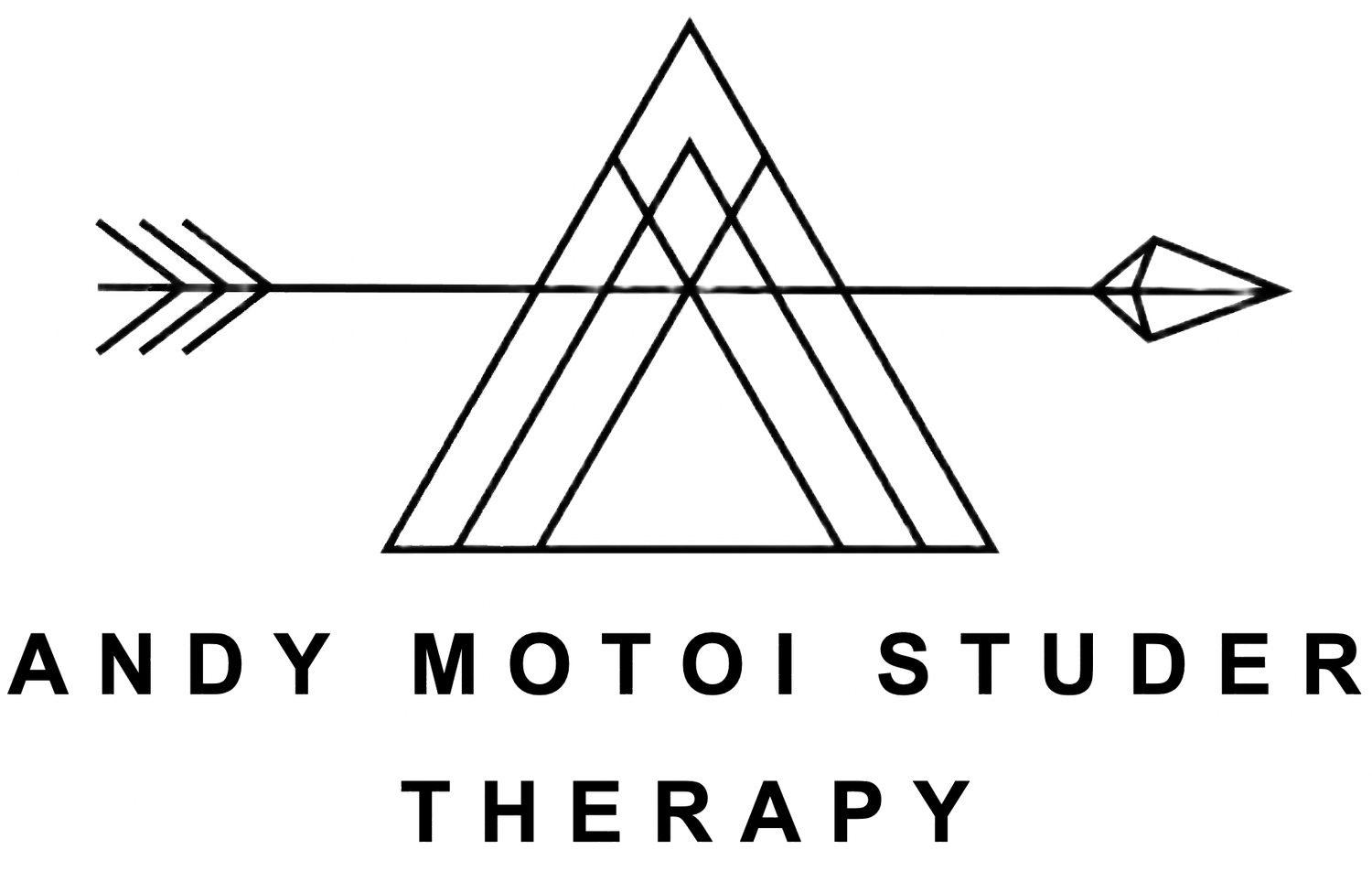
Trauma Therapy
Healing From Trauma in a Safe and Supportive Space
Trauma can leave deep marks — not only in memory, but in the body, emotions, and relationships. You may find yourself reliving painful experiences, avoiding reminders of what happened, or feeling disconnected from yourself and others.
Living in Culver City, with its busy pace and creative energy, it can feel like the world is moving quickly while you’re carrying something heavy inside. Trauma therapy offers a safe place to slow down, process what you’ve been through, and begin healing at your own pace.
What Trauma Can Feel Like
Trauma looks different for everyone. Some people are aware of specific events that continue to impact them, while others notice symptoms without connecting them to a past experience. Common effects of trauma include:
Flashbacks or intrusive memories of painful events
Nightmares or difficulty sleeping
Feeling constantly “on edge” or hyper-alert
Sudden anxiety, panic, or irritability
Numbness or disconnection from your body and emotions
Avoidance of people, places, or situations that trigger reminders
Shame, guilt, or self-blame related to the trauma
Difficulty trusting others or maintaining relationships
Trouble concentrating or feeling present in daily life
These symptoms are not signs of weakness — they are natural responses to overwhelming experiences. Therapy provides a space to work through them with care and compassion.
Types of Trauma Therapy Can Address
Trauma therapy can support people who have experienced many forms of trauma, including:
Childhood trauma — neglect, abuse, or unstable family environments
Relational trauma — difficult, harmful, or abusive relationships
Cultural or generational trauma — the impact of systemic oppression, displacement, or family histories of trauma
Accidents, medical trauma, or natural disasters
Identity-based trauma — experiences of discrimination, racism, or cultural shame
Complex trauma (C-PTSD) — long-term or repeated traumatic experiences
Single-incident trauma (PTSD) — a specific event, such as an accident or assault
You don’t need to have the “right” kind of trauma to seek support. If something in your past still affects your present, therapy can help.
How Trauma Therapy Helps
Trauma can make you feel like your past is always in control. Therapy offers a chance to begin reclaiming your present. Some of the ways trauma therapy can help include:
Creating safety so you can process experiences without being overwhelmed
Understanding triggers and learning strategies to manage them
Building connection with your body through grounding and regulation techniques
Challenging shame and self-blame that often follow traumatic experiences
Reconnecting with trust in yourself and others
Integrating past experiences so they no longer dominate daily life
Rediscovering joy, creativity, and freedom that trauma may have hidden away
Healing from trauma doesn’t mean forgetting what happened — it means finding new ways to live with strength, resilience, and self-compassion.
My Approach to Trauma Therapy
Because every person’s experience of trauma is different, therapy is tailored to your needs and pace. My approach is trauma-informed, relational, and culturally aware. Together, we’ll move gently and respectfully, focusing on both immediate relief and long-term healing.
Approaches may include:
Relational therapy — building a safe, supportive therapeutic relationship as a foundation for healing
Trauma-informed therapy — honoring your pace, autonomy, and boundaries in every session
EMDR (Eye Movement Desensitization and Reprocessing) — a highly researched method for processing traumatic memories and reducing their emotional intensity
Mindfulness and grounding practices — learning skills to stay present and calm when triggers arise
Narrative therapy — helping you explore and reshape the stories trauma has told about who you are
Body-based approaches — reconnecting with physical safety and awareness
The goal is not to “fix” you, because you are not broken. The goal is to create a path toward healing, integration, and wholeness.
Trauma and Life in Culver City
Culver City is a vibrant and diverse community, home to both creative industries and families with deep local roots. Yet in the middle of its thriving pace, many people quietly live with the weight of past trauma.
Whether it’s navigating cultural expectations, carrying generational stories of hardship, or balancing creative work with personal healing, trauma therapy in Culver City provides local, accessible support in a space that understands both the intensity and diversity of this community.
Signs It May Be Time to Seek Trauma Therapy
You don’t have to wait until things feel unbearable to seek support. Trauma therapy may be especially helpful if:
You feel stuck in patterns you can’t explain or change
Past experiences continue to intrude into your daily life
You find yourself avoiding situations, relationships, or opportunities
You struggle with trust, intimacy, or connection
You feel numb, detached, or “not yourself”
Anxiety, depression, or irritability are interfering with work or relationships
You want to process past experiences in a safe, guided way
Recognizing the need for help is a sign of strength — the first step toward healing.
What to Expect in Trauma Therapy
Beginning trauma therapy can feel daunting, especially if trust has been broken in the past. In our sessions, you can expect:
A safe, confidential space where your story will be honored
A pace that feels manageable — no rushing, no pressure
Tools for grounding and self-regulation, so you feel more in control
Exploration of your past only when you feel ready and supported
Compassionate guidance that respects your autonomy and boundaries
A collaborative process — we’ll walk this path together, not alone
Healing from trauma is not a straight line, but therapy provides a steady, supportive place to take each step.
Taking the Next Step
If you’re living with the effects of trauma in Culver City, you don’t have to face it alone. Therapy offers a safe place to begin untangling the past and creating space for healing, strength, and new possibilities.
Your experiences do not define your worth — your resilience, courage, and capacity for healing do.
I invite you to schedule a consultation today. Together, we can create a supportive space where your story is honored and your healing journey can begin.
